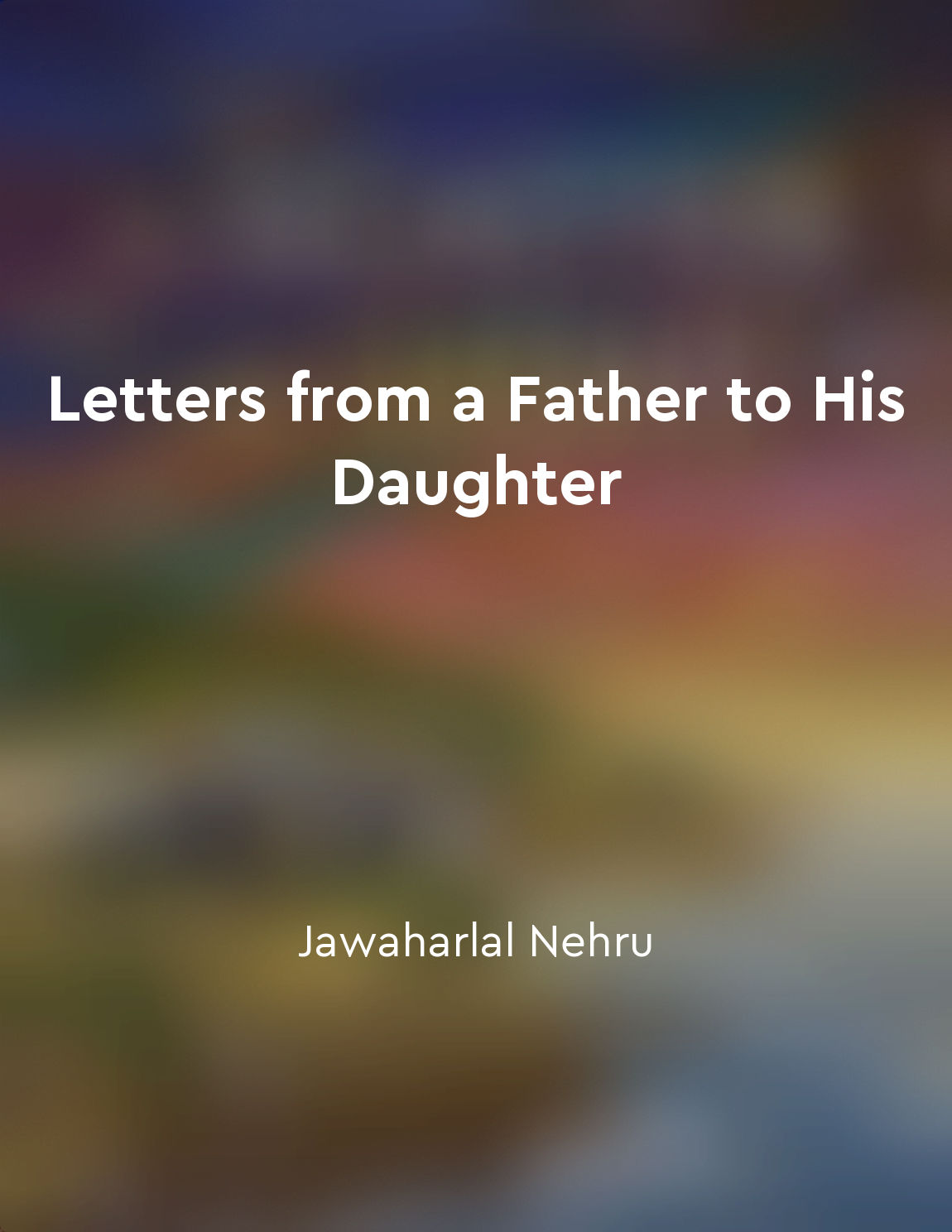The Prime Minister leads the government from "summary" of Constitution of India (Prabhat Prakashan) by Pratap Kumar Ghosh
The Prime Minister is the head of the government in India. This means that he is the leader of the ruling party or coalition in the Parliament. The Prime Minister is appointed by the President of India and is usually the leader of the party that has the majority of seats in the Lok Sabha, the lower house of Parliament. The Prime Minister holds the most powerful position in the government and is responsible for making important decisions on behalf of the country. The Prime Minister leads the government by overseeing the functioning of various ministries and departments. He is responsible for coordinating the work of these ministries and ensuring that government policies are implemented effectively. The Prime Minister also plays a crucial role in formulating new policies and making key decisions on matters of national importance. He represents India on the international stage and is responsible for maintaining diplomatic relations with other countries. As the leader of the government, the Prime Minister is also the chief spokesperson for the government. He addresses the nation on important issues, defends government policies in Parliament, and communicates the government's agenda to the public. The Prime Minister is expected to provide strong and decisive leadership in times of crisis and to inspire confidence in the government's ability to govern effectively. The Prime Minister is supported by a team of ministers who assist him in governing the country. These ministers are appointed by the Prime Minister and are responsible for specific portfolios such as finance, defense, and foreign affairs. The Prime Minister presides over meetings of the Cabinet, which is the highest decision-making body in the government. The Cabinet collectively decides on major policy issues and oversees the implementation of government programs.- The Prime Minister plays a pivotal role in leading the government and shaping the direction of the country. He is responsible for making important decisions, formulating policies, and representing India both domestically and internationally. The Prime Minister's leadership is crucial in ensuring the effective functioning of the government and in addressing the needs and aspirations of the people.
Similar Posts

Knowledge and wisdom are lifelong pursuits
My dear Indu,Learning never stops, my child. It is a lifelong journey that we must embark upon with eagerness and curiosity. Kn...
His passion for science and technology shaped his destiny
Abdul Kalam's journey was not just a random sequence of events; it was a carefully crafted path designed by his unwavering pass...

India's wars have been a testament to its commitment to peace and security
India's wars have not only been about conflict and violence but also about safeguarding its sovereignty and territorial integri...

Central and State Governments
The Indian Constitution establishes a dual polity, consisting of the Central Government at the national level and State Governm...

Parliament of India
The Parliament of India is the supreme legislative body of the country, consisting of two houses - the Rajya Sabha and the Lok ...
Independence should not be compromised for shortterm gains
The idea that a nation's independence should never be sacrificed in exchange for immediate benefits is a fundamental principle ...

Equality and social justice are core principles
The Constitution of India stands as a monumental document that embodies the hopes and aspirations of a diverse and vibrant nati...
Supreme Court is the final interpreter of the Constitution
The Constitution of India is the supreme law of the land. It lays down the fundamental principles governing the functioning of ...
He emphasizes the importance of education and continuous learning
In the pages of "Wings of Fire," the reader is introduced to a profound belief held by the protagonist - that education and con...

